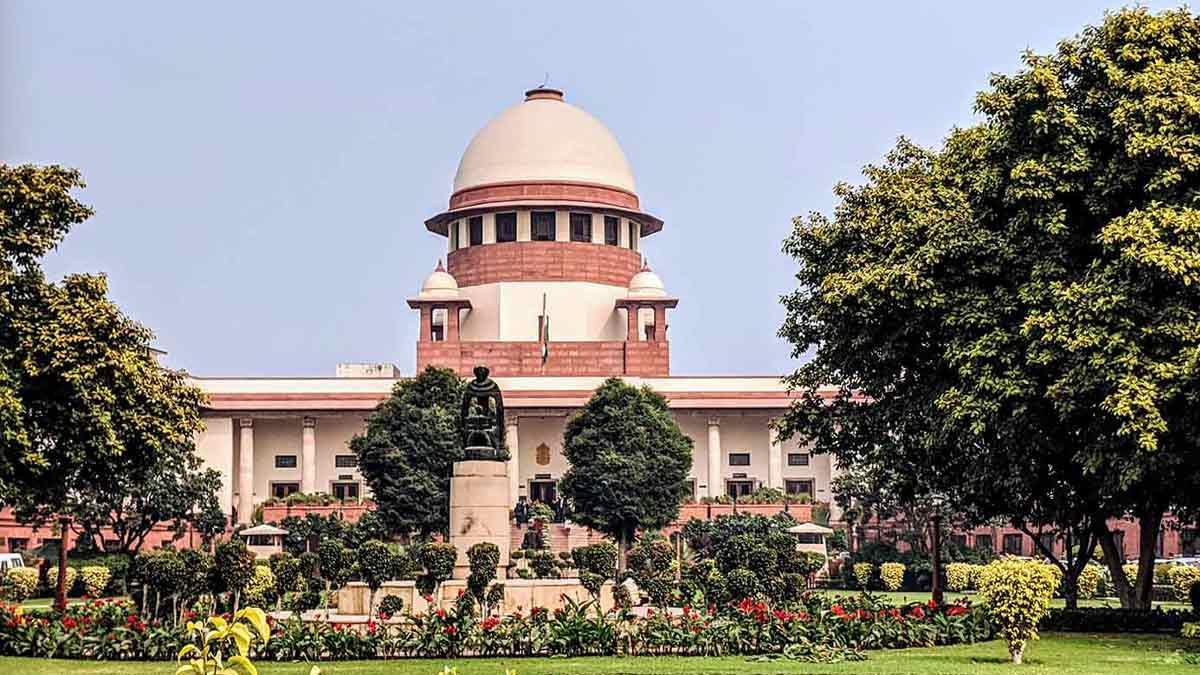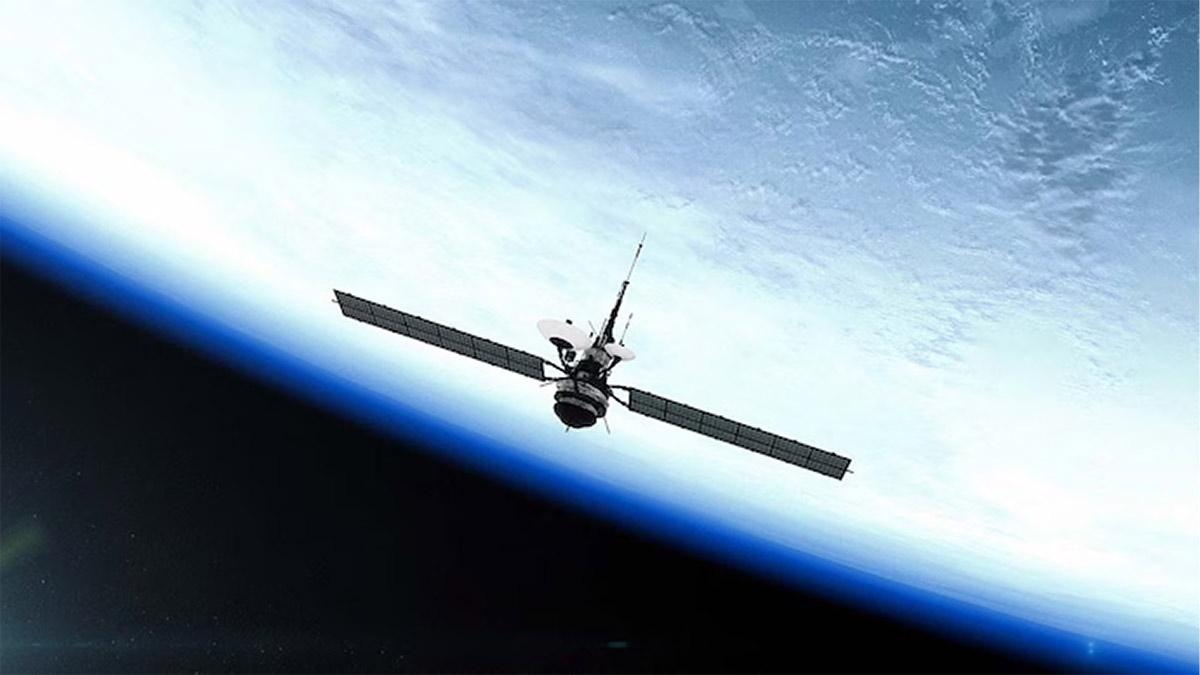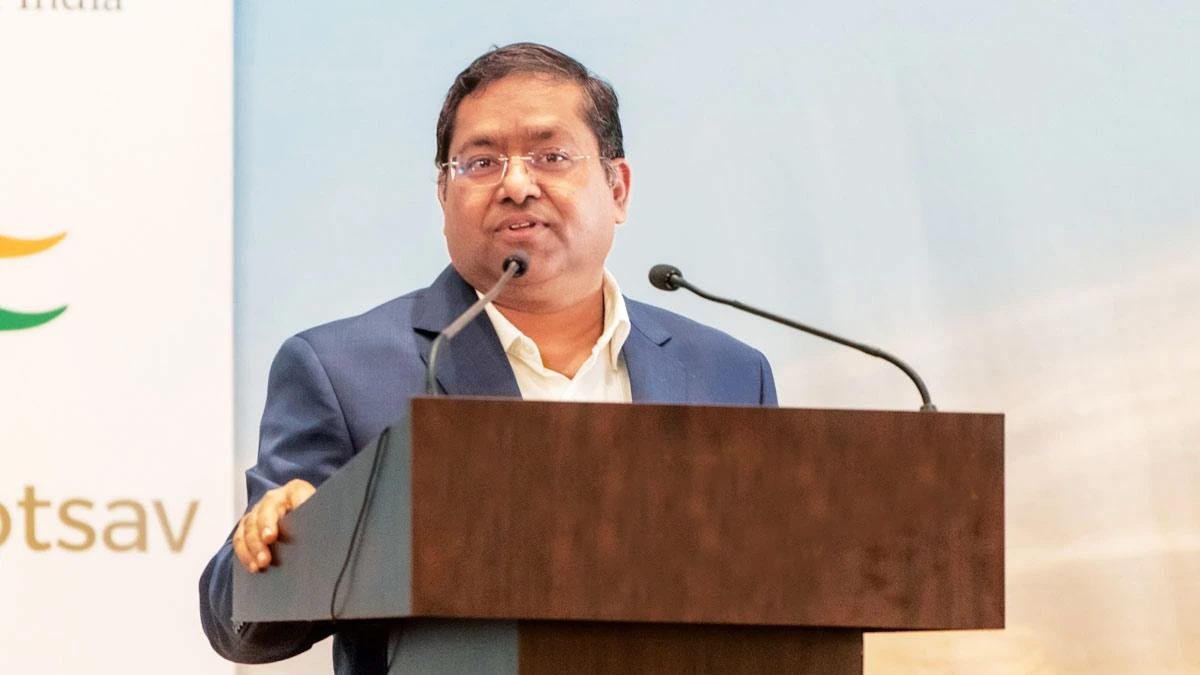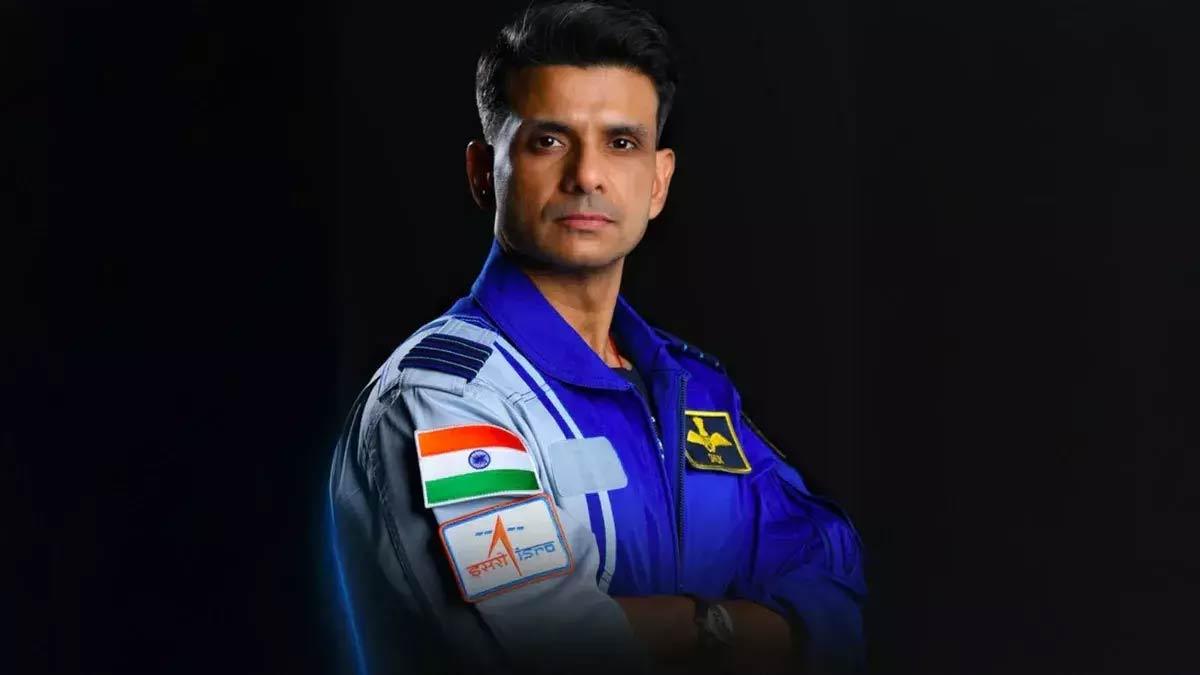On Tuesday, the Supreme Court questioned using spyware against terrorists and, in this context, stated that any report concerning the "security and sovereignty" of the country will not be released to the public.
A bench led by Justice Surya Kant and Justice N Kotiswar Singh indicated that while personal privacy concerns can be examined, the technical committee report could not be interpreted as a paper for public discussion.
The bench further stated, "Any report dealing with the security and sovereignty of the country will not be revealed. However, those who want to know whether they are part of the surveillance may be informed. Individual interests will have to be heard, but it cannot be made an issue of public discourse."
The court further stated that it would decide how much of the technical panel's report should be made public.
Petitioner lawyer Dinesh Dwivedi questioned whether the government possessed the spyware and whether it was being used. "If they do possess it, there is nothing to prevent them from using it day and night even today," he stated.
In reply, the bench declared, "Make submissions regarding disclosure of individuals. Given the position we are faced with today, we have to act sensibly. We shall determine how far the report will be disclosed."
The court further said, "What's wrong if the country is spying on terrorists? It's not wrong to have spyware. The question is against whom it's employed. You can't compromise the country's security. Private citizens' right to privacy will, however, be guarded under the Constitution."
Journalist Paranjoy Guha Thakurta was represented by Kapil Sibal, a senior advocate, who referred to an order of a U.S. district court and said that WhatsApp itself had reported a case of hacking.
"WhatsApp disclosed this information themselves, not indirectly. Then your lordships had not made it clear if there was hacking or not. Now WhatsApp evidence is before us. We will release the judgment. The redacted parts should be made public to concerned individuals so they are aware," Sibal appealed.
Solicitor General Tushar Mehta opposed a comprehensive inquiry, saying that there was no fault in the use of spyware against terrorists, who don't have any right over their privacy.
Senior advocate Shyam Divan, appearing for another petitioner, said that the technical committee report should be published in full without redactions.
The Supreme Court set the next date of hearing on July 30.
The technical panel instituted by the Supreme Court in August 2022, which had been investigating the abuse of Pegasus spyware, detected malware on five out of the 29 phones it examined. The panel failed to confirm, however, that Pegasus had been utilized for surveillance.
The Centre was not cooperative in the probe into the alleged use of Pegasus by government agencies to spy on politicians, journalists, and activists, the court's questioning before retired Justice R V Raveendran extracted.
The investigation, launched in 2021, had technical and oversight panels to probe claims that the Israeli spyware was used for targeted surveillance. These measures were taken to determine whether any government department had used the spyware for domestic spying.
The panel, which consisted of cybersecurity, digital forensic, and network specialists, was to determine whether Pegasus had been used to spy on Indian citizens. The report would be monitored by Justice Raveendran.
In passing the order, the Supreme Court gave the committee the authority to probe the activities of the Centre on charges in 2019 of hacking into Indian citizens' WhatsApp accounts with Pegasus spyware.
Earlier, an international media organization had reported that over 300 Indian phone numbers were listed as potential targets for surveillance using the Pegasus spyware.
Read also| India’s Industrial Output Grows by 3% in March
Read also| RBI Governor: India’s Rapid Growth Makes It the Ideal Investment Hub


















